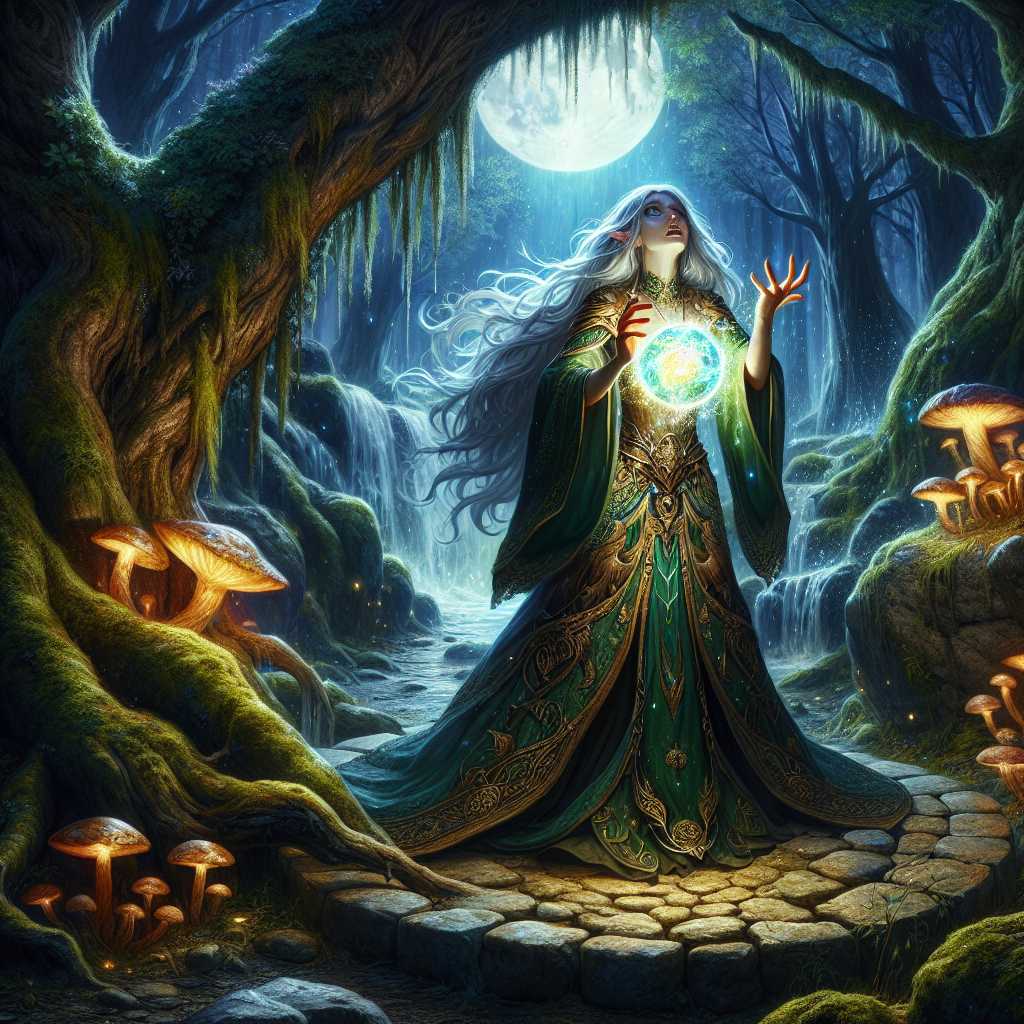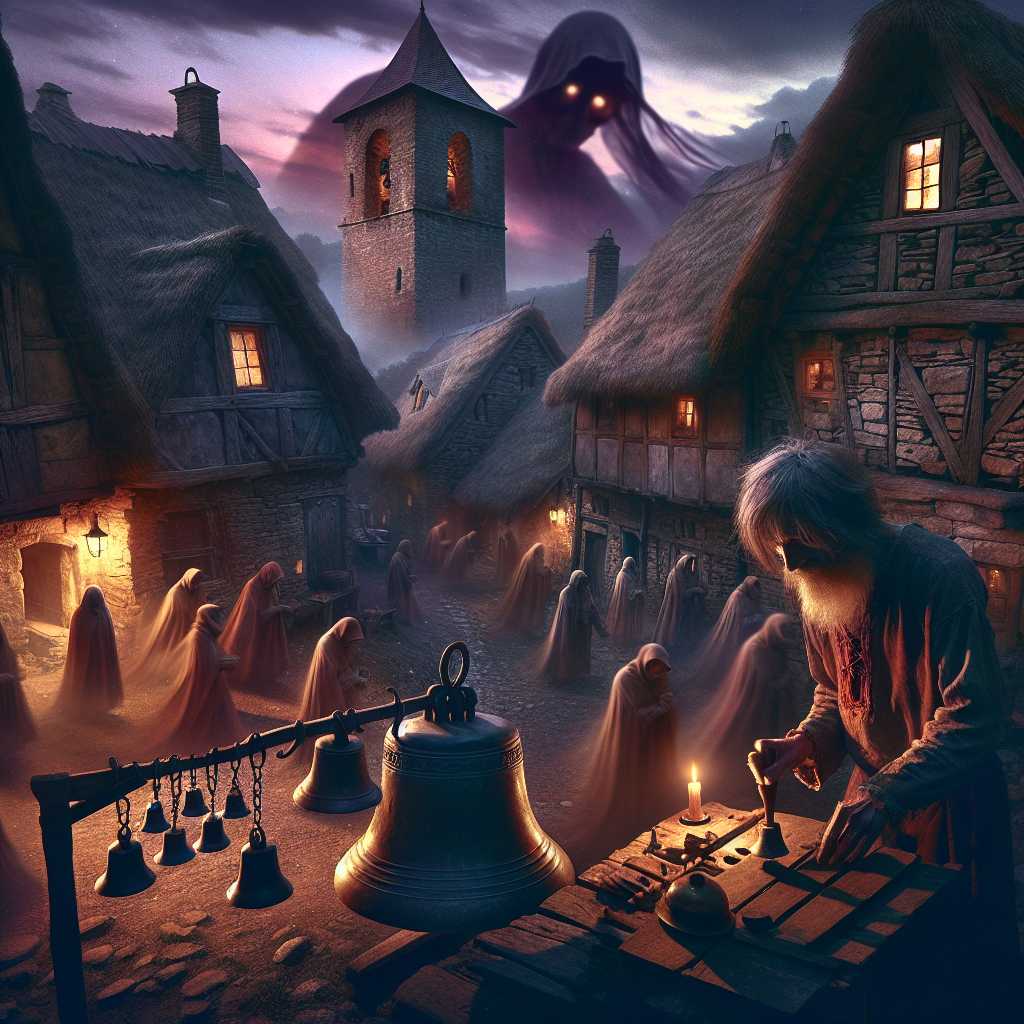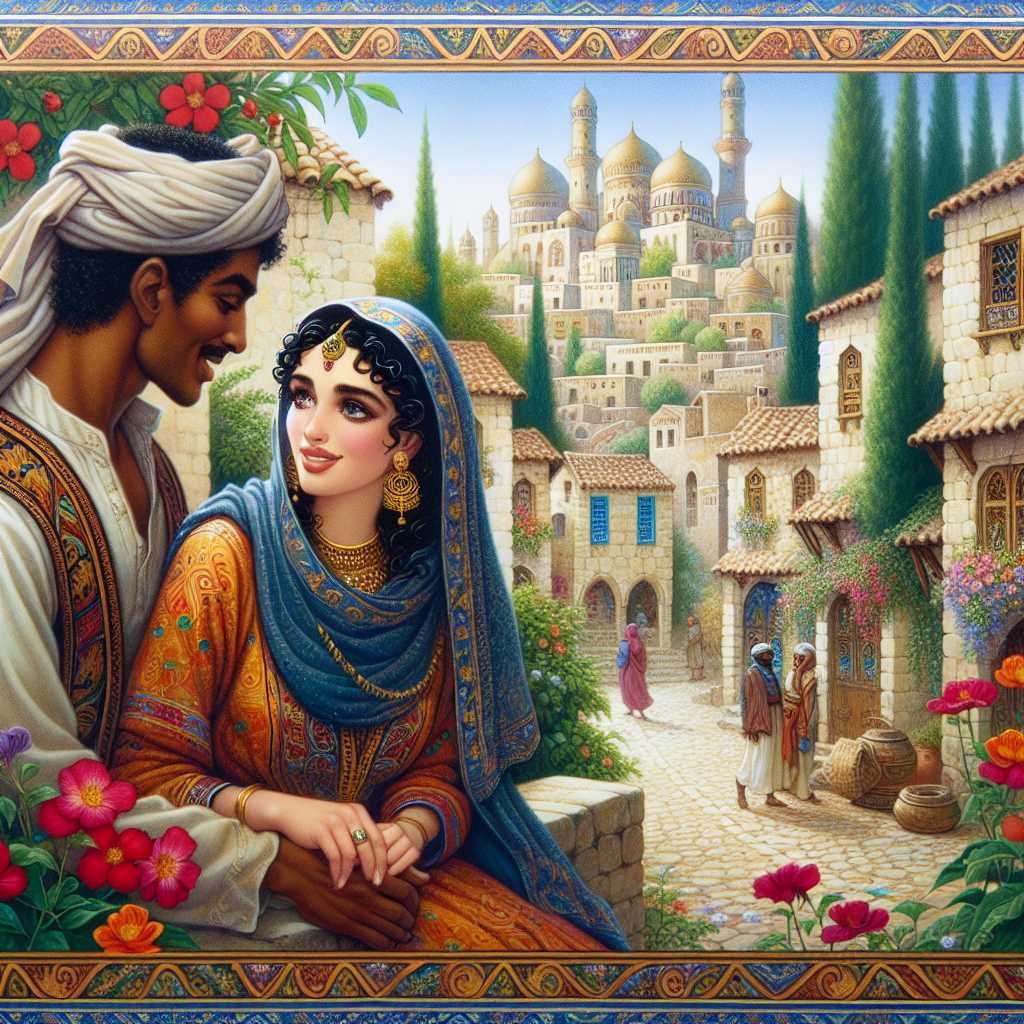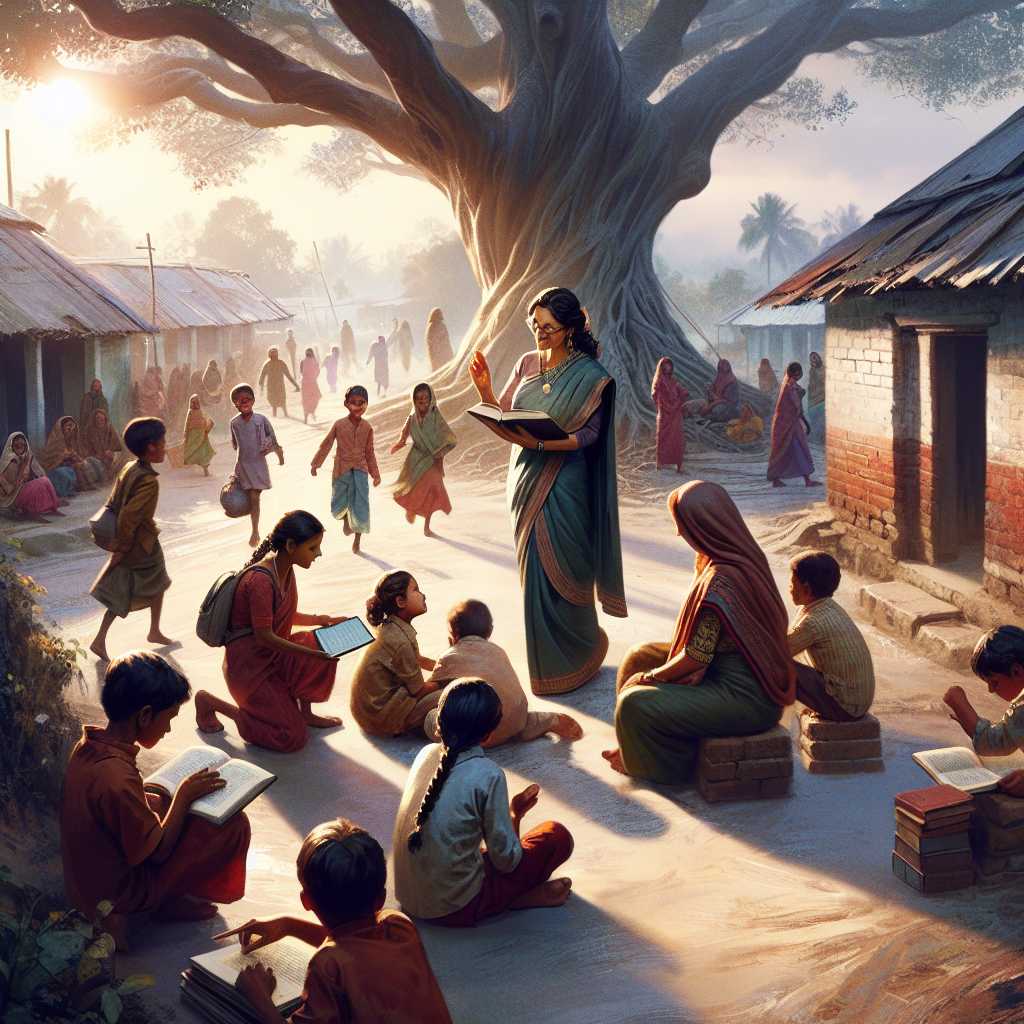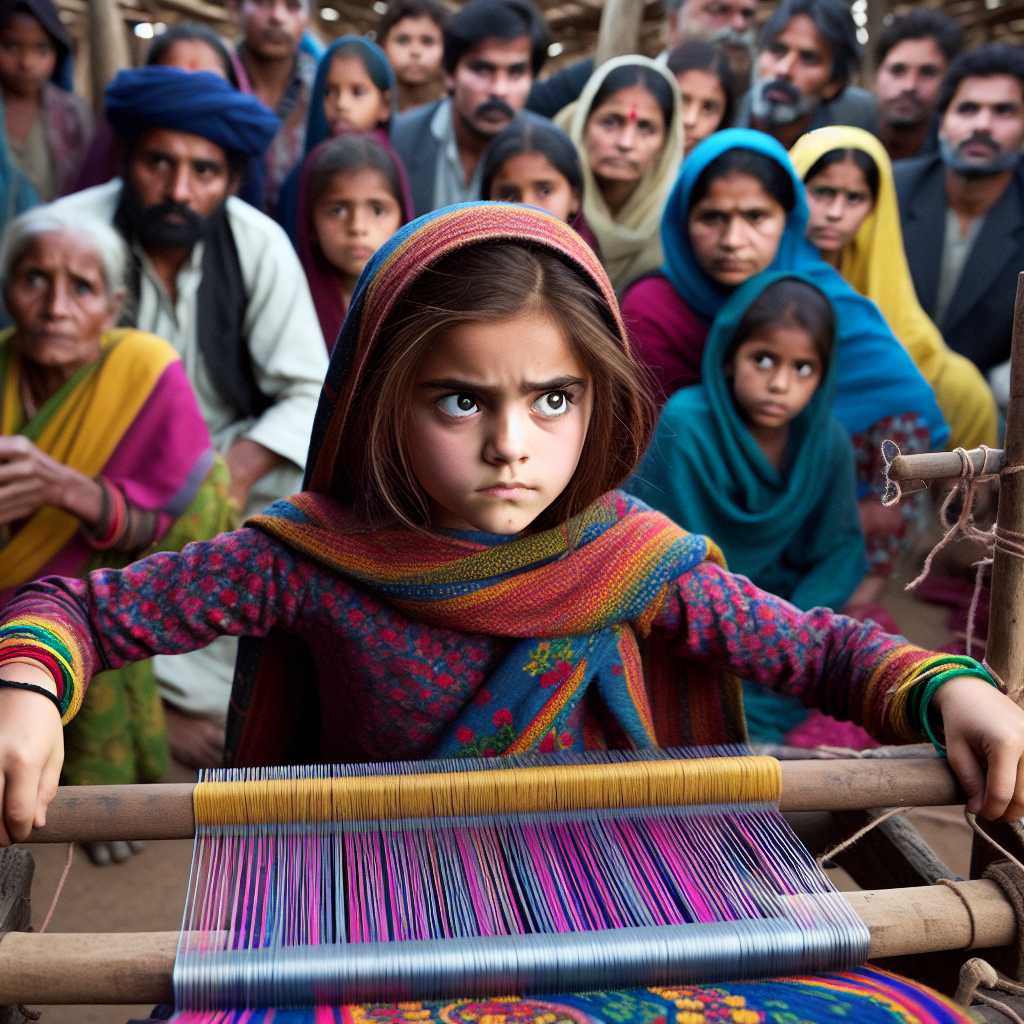
In a small, unassuming village nestled between rolling hills and vast fields, there lived a young girl named Alia. She was an ordinary girl with chestnut hair that curled like the leaves of an ancient oak and eyes as vivid as the dawn. But Alia had an extraordinary dream that burned within her heart like an undying flame—a dream to become the greatest weaver her village had ever known.
Her fingers were nimble, her mind was sharp, and her imagination was as boundless as the sky. Yet, every time she revealed her tapestries to the villagers, they would simply nod, acknowledge her skill, and move on, unimpressed. For in this village, where tradition stood unwavering like the staunchest tree, innovation was not merely disregarded; it was frowned upon.
"Woman shall weave as they have for centuries," the elder would say, his voice echoing through the village square. "Respect the ways of old, for they have served us well."
"Alia," her mother would often tell her in a soothing tone, "one must not rattle the stars from their courses. Find comfort in the traditions, for they are the soul of our people."
But Alia's spirit could not be tamed by the thoughts of days past. She yearned for the threads of her loom to sing tales of hope, to dance with colors that reflected the beauty of nature, and to weave patterns that no eye had ever beheld. She believed that her hands could craft not just fabric, but magic—something that could stir the hearts of those who saw her work.
One day, a proclamation was made that shook Alia to her core, for it was announced that the Duke of the realm sought a new tapestry—one filled with splendor and craft—which would hang in his great hall. It was a contest, they said, open to all, and the winner would be famed throughout the land.
Alia saw this as her chance, an opportunity to show everyone that innovation could live harmoniously with tradition. With a heart filled with courage, she declared her intent to enter the contest, to the shock of her fellow villagers.
"Your ways are too peculiar," they whispered amongst themselves. "Her work will never please the Duke."
Ignoring their doubts, Alia fervently began to work, pouring her hopes, her heart, her very soul into every thread. Nights turned into days and days into nights, and never did her resolve waver. The tapestry she created was a marvel. It depicted the village, the sprawling nature that cradled it, and the cosmos above—a tapestry that was both a mirror of the world and a window to all its possibilities.
The day came when all the weavers from the land unfurled their works for all to see. There were grand tapestries, undoubtedly, intricately woven with threads of silver and gold, some so delicate they seemed spun from the very essence of the air. And then there was Alia's tapestry. It was humble in its materials but unmatched in its vibrancy and creativity.
The villagers shuffled uncomfortably as the Duke approached, his discerning eyes scanning each submission. He paused longer at some, commented on the craftsmanship of others, but always he moved on. Finally, he stood before Alia's work. The murmurs of the crowd hushed to silence.
"This is unlike any I have seen," the Duke spoke aloud. "It possesses a life of its own, a story that beckons the spirit to soar."
And with those words, Alia's tapestry was chosen. The crowd gasped in disbelief; waves of astonishment rippled through the mass of onlookers. Alia, with eyes wide and heart daring to hope, stepped forward.
From that day forward, Alia became known not just in her village, but far and wide. Artisans began to weave stories into their crafts, no longer restricted by the invisible chains of antiquity. And the village itself grew richer not in gold, but in spirit and beauty.
But the greatest change of all happened within Alia's own home. One evening, as the last of the sun's rays kissed the earth goodnight, her mother took her hand and with eyes brimming with pride, whispered, "You did not just weave a tapestry, my child, you wove a new dawn for us all."




